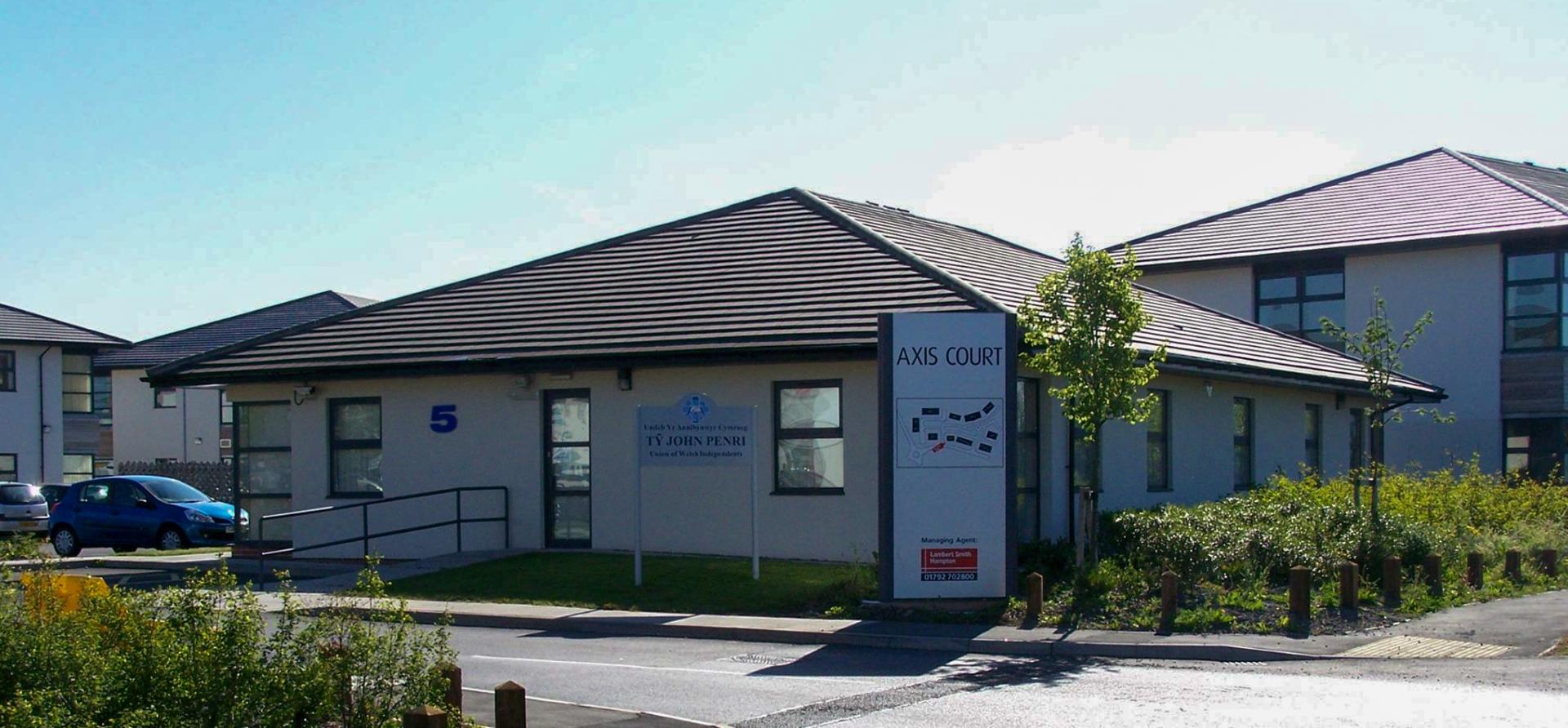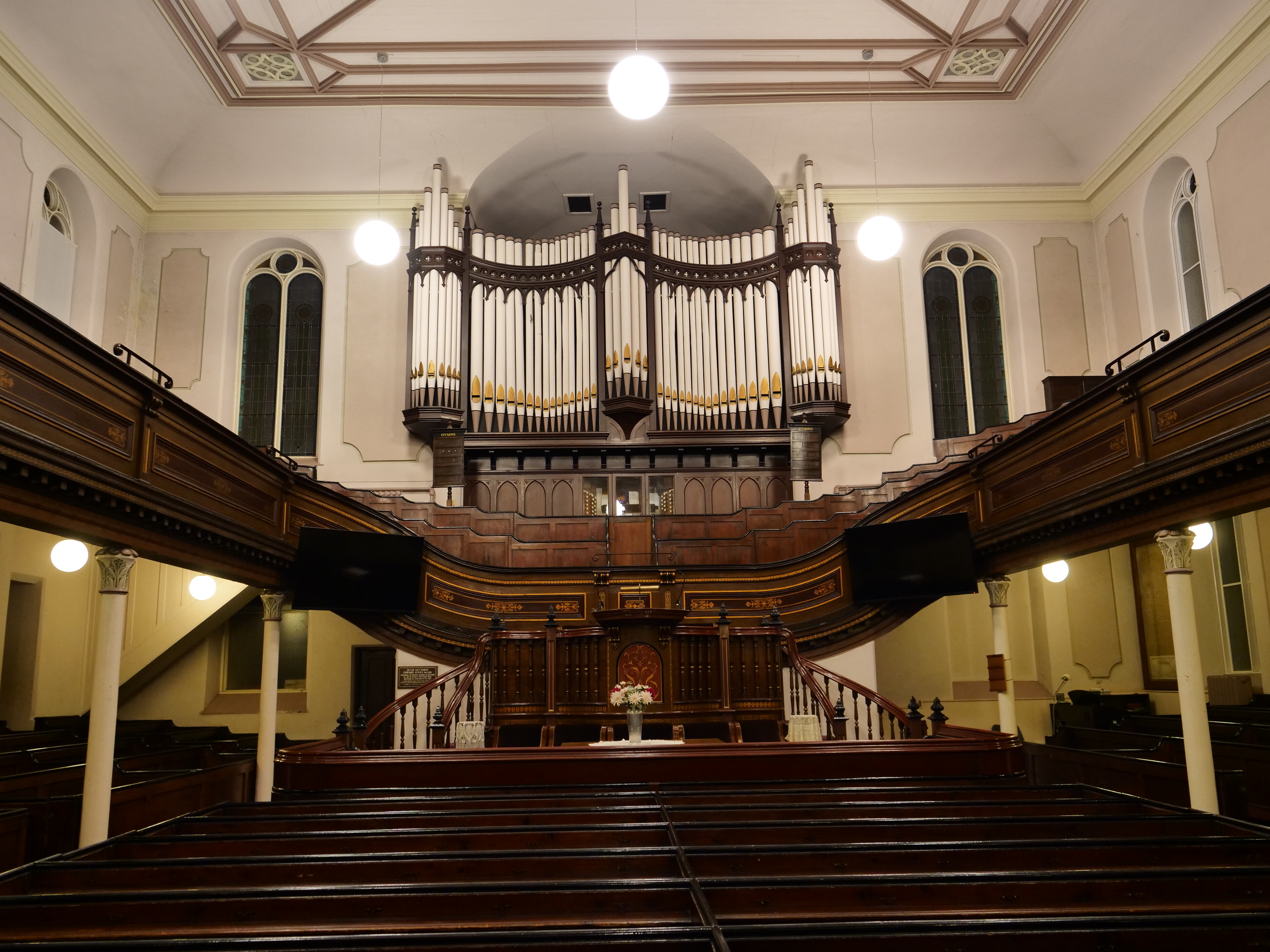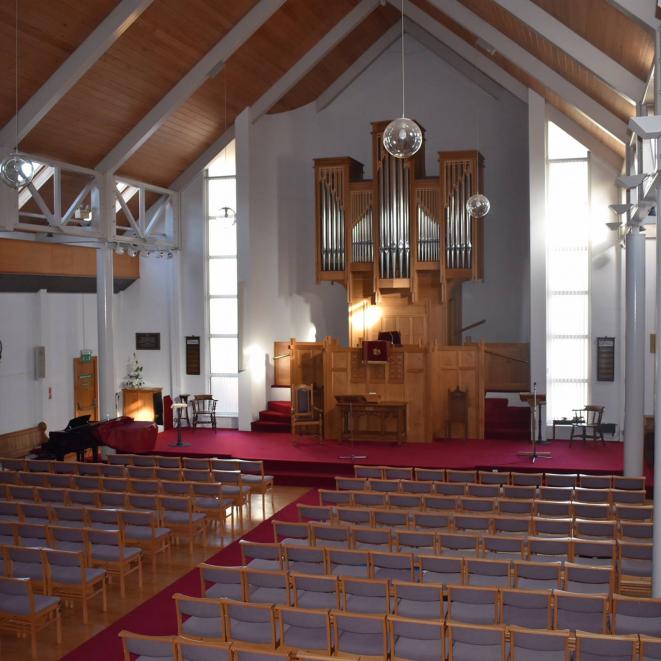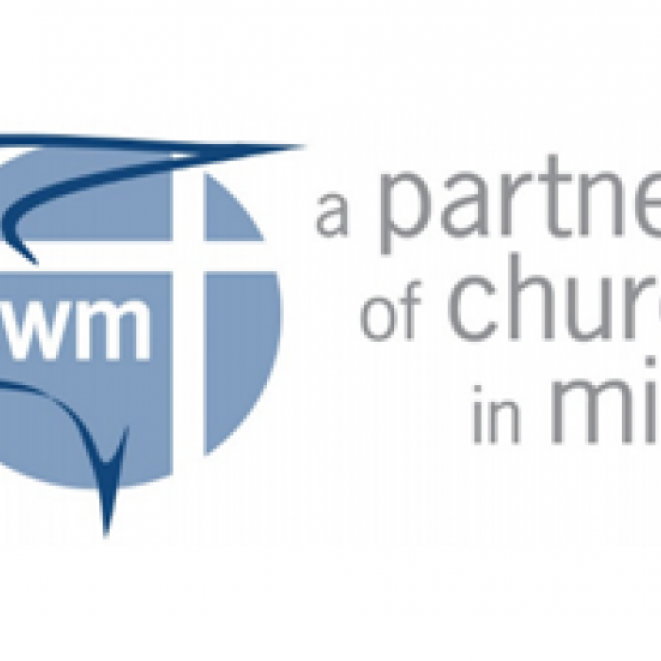Who are we?
The Union of Welsh Independents are a union of churches who are in a voluntary relationship with each other. There are around 370 member churches in all parts of Wales and further afield, most of them operating through the medium of Welsh. Additionally, the Union also has around 200 personal members.
The Unions functions mainly through its Council and its four Departments. They are:
- Mission and the World-wide Church
- Churches and their Ministry
- Christian Citizenship
- Christian Witness.
The Union’s Executive, whose members are also its Trustees, meets three times annually to discuss Union activities and a wide range of other subjects. The Executive is accountable to the Annual Assembly.
The Assembly is held over three days during June or July
Staff
The Union’s staff are small in number. At the present time, it employs a General Secretary, an Administrative Secretary, an Administrative Assistant, a Support and Resources Officer, a Network Facilitator and Communications Officer, a Publications Officer and a Press Officer (part-time).
History
The Union was established in 1871in Swansea and its first annual meetings were held at Carmarthen the following year. The Independents had been present in Wales for many years previous to that, of course, and it is appropriate to note that the Union is the child of the Independents and not its parent.
The name of the Union headquarters, Tŷ John Penri in Swansea, denotes the fact that its roots lie deep in the Protestant Reformation and in the Puritan tumult of the 16th century, which was the breeding ground for the early congregational fathers. John Penri was one of these men, and was considered one of the first Congregationalists in Wales. He was accused of high treason and executed in 1593, a young man and father of 30 years.
Between establishing the first Congregational church in Wales in Llanfaches, Gwent, in 1639 and the establishment of the Union in 1871, the Independents grew to be a substantial influence in Wales. The district and county associations established also were a way of nurturing and maintaining relationships with each other and to ensure consistency in matters appertaining to faith and procedure at a national and worldwide level, as well as locally and regionally.




